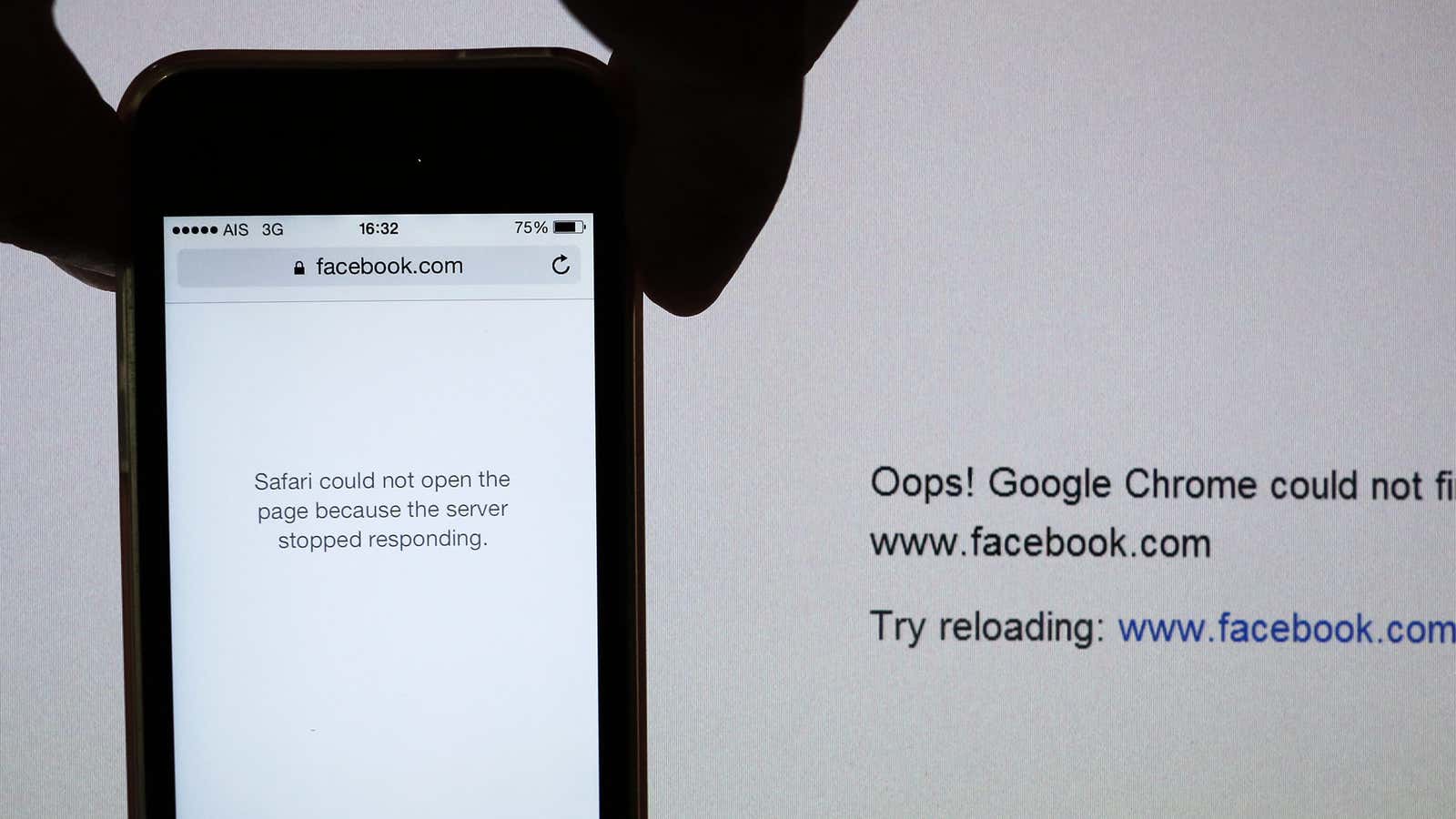African governments that shut down the internet could face strict measures if a new proposal to the regional internet registry is adopted.
The policy suggestion states that after the end of any shutdown, governments and any of their related bodies should not be allocated an IP address for one year. The ban would also affect any transfer of addresses to government-owned entities in those 12 months. And if an African government performs three or more shutdowns in a period of 10 years, the proposition mandates that all services provided to them revoked, with no allocations offered for a period of five years.
The proposal was co-authored on a personal capacity by Ben Roberts, chief executive officer of data and voice company Liquid Telecom Kenya, Andrew Alston, Liquid’s group head of IP strategy, besides Fiona Asonga, CEO of the telecommunications service providers’ association of Kenya. The suggestions were submitted to the African Network Information Center (AFRINIC), a Mauritius-based agency that manages and allocates the registration of internet IP addresses. The proposal will be discussed during public policy meetings that will be held in Nairobi May 29 to June 2.
“Africa is experiencing a technology revolution driven by the internet. And African economies just can’t sustain internet outages of any kind,” Roberts told Quartz.
Over the last few years, internet shutdowns have become a persistent problem across Africa. In 2016 alone, a total of 11 African countries shut down the internet, draining hundreds of millions of dollars from their respective economies, and alarming civil- and digital-rights advocates. The shutdowns occurred in Gabon and The Gambia during electioneering periods, in Ethiopia during anti-government protests, and in Algeria to stop students from cheating on exams.
In the Democratic Republic of the Congo, the government—wary that an internet shutdown could affect the economy—ordered telecom companies to surgically block only social-media networks ahead of protests against president Joseph Kabila. In Cameroon, an internet blackout in the Northwest and Southwest regions since January has undermined the budding tech sector and left start-ups scampering around the country looking for internet connections.
Activists, technologists, and companies across the continent and globally are raising awareness and declaring their commitment to fight these shutdowns. Using hashtags like #BringBackOurInternet and #KeepItOn, the likes of Edward Snowden have also criticized governments switching off the internet.
If the proposal passes, Roberts says “governments may think twice” before shutting down the internet and will start thinking of the internet as “an essential service just like water and electricity. We hope that shutdowns will become a thing of the past.”
